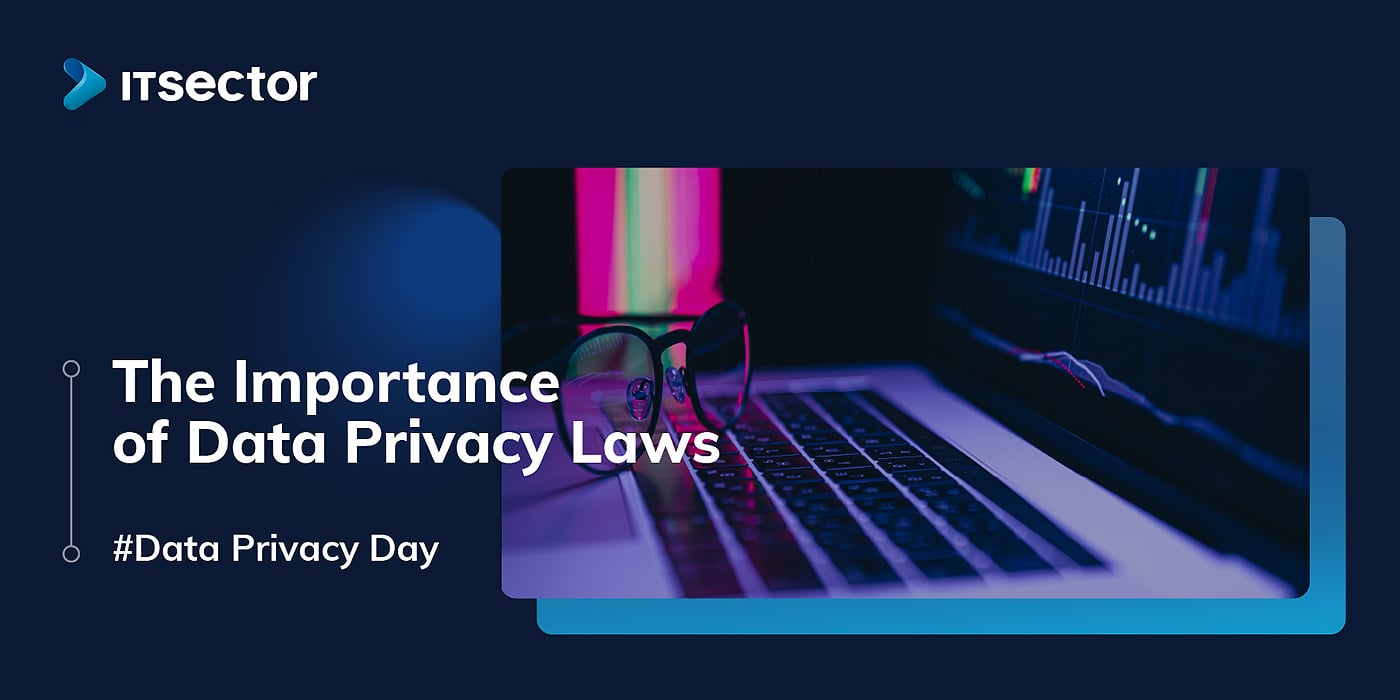 Data privacy laws are legal frameworks designed to protect personal data of consumers. It is frequently mistaken with data security, which focuses on preventing cyberattacks on an organization's infrastructure and tools.
Data privacy laws are legal frameworks designed to protect personal data of consumers. It is frequently mistaken with data security, which focuses on preventing cyberattacks on an organization's infrastructure and tools.
Consumers normally have the right to know what information a corporation collects about them, why it is collected, and how it will be processed under data privacy rules. People also have the freedom to choose who has access to their personal information under the law.
By the end of 2023, it is expected that modern privacy regulations will protect personal information of 75% of the world's population.
In Europe, the established system is known as GDPR (General Data Protection Regulation).
Compliance with Data Privacy Laws
Organizations must connect their information governance, processes, technology, and people with data privacy regulations to ensure compliance. Following these three general stages is the easiest way to get started:
- Understand where the data resides in your organization and what you are trying to protect;
- Map and analyze relevant regulatory requirements; and
- Translate legal constructs into controls, policies, behaviors, contracts, notices and a shared culture.
Why is Data Privacy getting so much attention now?
Many firms switched workloads to the cloud as the COVID-19 outbreak drove them to rethink their business procedures, making data and applications available to distant workers and third parties as needed. While enhanced data accessible via the cloud has been extremely advantageous, it has also increased data privacy threats. As a result, many organizations and oversight bodies are concerned about safeguarding personal information.
Who benefits from data privacy?
Data privacy laws can also benefit companies that are compliant. When a company demonstrates compliance, consumers and third parties are able to know that their data is respected and safe, which means they are more likely to continue doing business with the company.
How can technology be helpful to compliance?
Companies may be compelled by some data privacy laws to give consumers access to their personal data or to remove information at a customer's request. These procedures can be difficult, requiring not only knowledge of the applicable privacy regulations, but also knowledge of where consumers' data is stored.